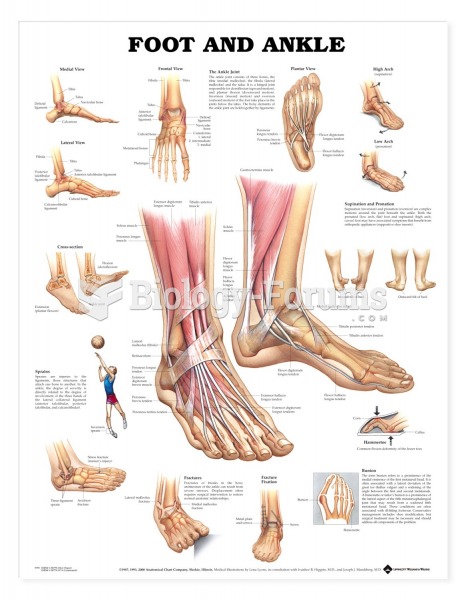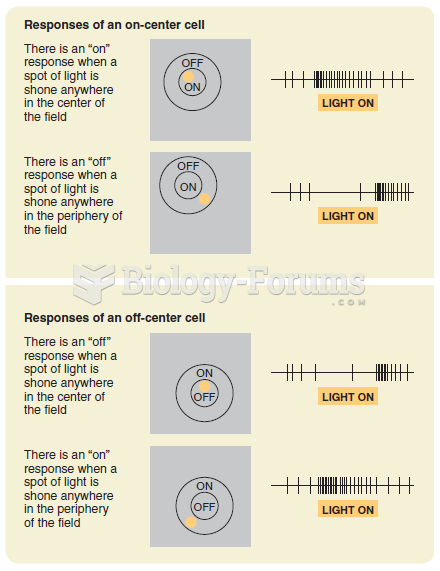|
|
|
There are 60,000 miles of blood vessels in every adult human.
The Food and Drug Administration has approved Risperdal, an adult antipsychotic drug, for the symptomatic treatment of irritability in children and adolescents with autism. The approval is the first for the use of a drug to treat behaviors associated with autism in children. These behaviors are included under the general heading of irritability and include aggression, deliberate self-injury, and temper tantrums.
Earwax has antimicrobial properties that reduce the viability of bacteria and fungus in the human ear.
The U.S. Pharmacopeia Medication Errors Reporting Program states that approximately 50% of all medication errors involve insulin.
Urine turns bright yellow if larger than normal amounts of certain substances are consumed; one of these substances is asparagus.







